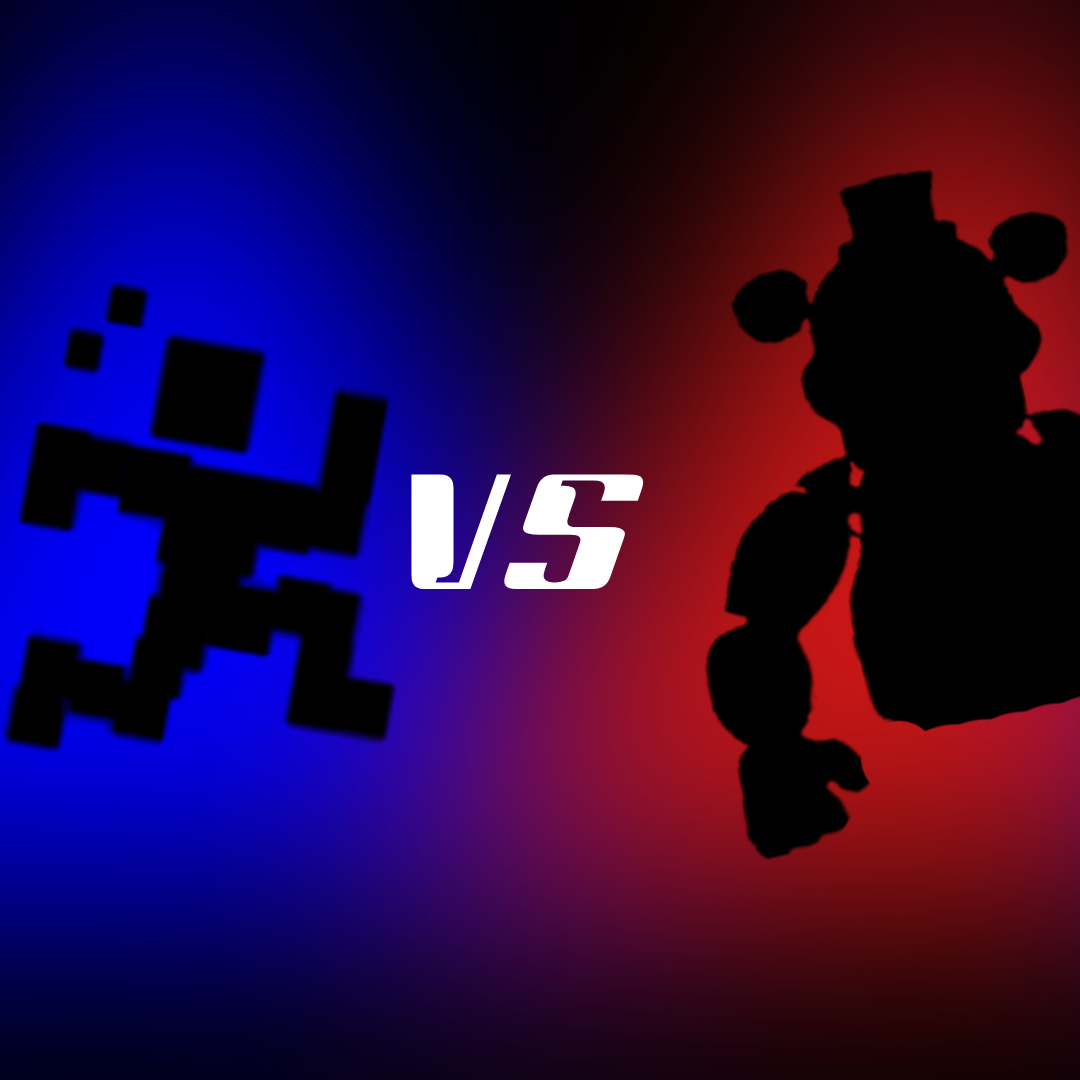I always tell my friends never to get a pop culture tattoo, because you never know who’s gonna pull a Kanye.
In this current era of media consumption, it’s a common phenomenon to love a piece of art and identify with it, only to find out it was made by someone problematic.
Whether or not to still interact with that media is debated quite frequently on the internet.
The funniest take on the matter is that when a creator gets exposed as problematic, some fans — combat their guilt for still interacting with the media — claim that the Japanese Vocaloid “Hatsune Miku” is the real creator of the piece of media.
It all started when the creator of “Minecraft,” Markus Persson — also known as Notch — deleted his Twitter over promoting QAnon and transphobic comments.
Minecraft has 140 million monthly players and they weren’t going to drop the game just because the creator was controversial. Thus, the mascot character of a coded voicebank became the creator of Minecraft and erased Notch from existence. While humorous, the Hastune solution ignores the question entirely.
Recently with the new “Five Nights at Freddy’s” movie coming out, I kept weighing the options between separating the art and the artist and enjoying the movie for the sake of nostalgia or simply not engaging in the content because the information I know about the creator affects the viewing process.
When I was a kid, I was obsessed with” Five Nights at Freddy’s.” I never played it growing up — too scary — but I would watch videos on it for hours. My memories involve sitting with my friends around the playground, wracking our fifth-grade minds and trying to solve all the mysteries of the game.
Years later, I found Scott Calthrown, the game’s creator, donated money to Republican politicians. He donated $2,000 to Donald Trump in 2019.
I dragged out some of the FNAF merch I got as a kid and just looked at it. I was disappointed and embarrassed that I was disappointed. I appreciate the joy and memories the series gave me growing up. But looking at the posters and books I had, any nostalgia for my childhood interests turned to slight discomfort.
Yes, it seems trivial. However, this is the new normal for how people interact with media. The politics of a creator have been intertwined with the perspective of the audience forming a bias onto the media. No longer are authors, game designers or TV writers just professionals within their mediums, but also public figures whose past and present actions are on full display for the public to see.
The media and the creators that people on the internet follow affect those who follow them. Support or hate, frequent interaction with a piece of media will shape and change you as a person. Thanks to the rise of social media, the amount of interactions people engage in daily is unprecedented.
The relationship between creator and consumer has never been closer. Famous artists become synonymous with their work. Their actions are attached to the work in the eye of the public. There is a reason people don’t listen to R. Kelly or watch Woody Allen movies with cringing nowadays.
Perhaps the microscope we as a society put artists and celebrities under is a gross overstep of boundaries. That being said, J.K. Rowling is still transphobic and it makes me want to not read “Harry Potter.”
Knowing the truth behind a creator, especially one of a meaningful or personal piece of art, changes the way one views the creator. It’s up to the individual to decide whether to ignore that change, double down in support, rationalize a way to condemn the creator while still engaging with it, or abandon it outright.
The decision is based on multiple factors such as how bad the controversy is, how long one has followed the artist, and even how their social group feels about it. It’s a case-by-case issue.
There is one question to help me decide whether or not to continue to support the art when the artist is exposed as problematic: Is the artist still benefitting monetarily if I engage with this?
As consumers, the way we provide feedback and make our voices heard is through what we are willing to pay for. People forget the power of the public’s money, as it dictates which companies grow or decay. Be decisive with your purchases because your money speaks louder than your words when it comes to who or what you support.
Nadia Hill can be reached at [email protected]











